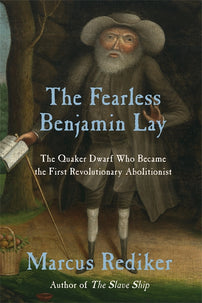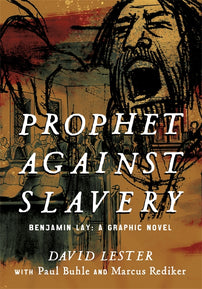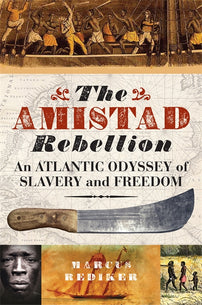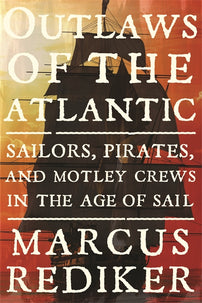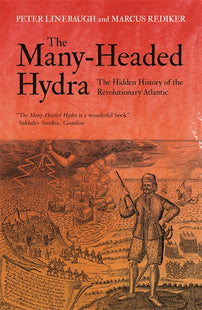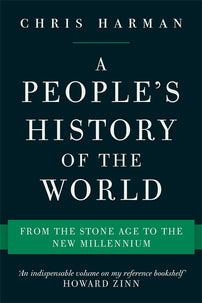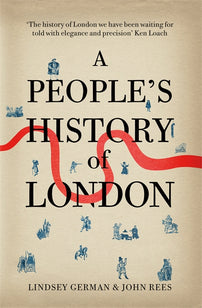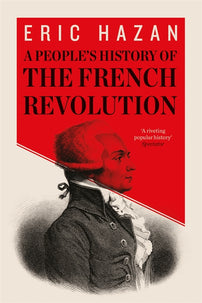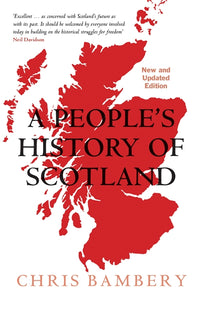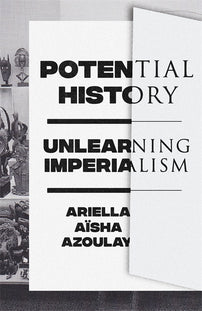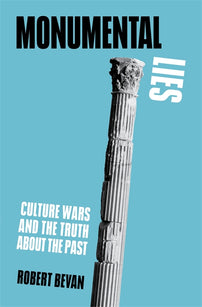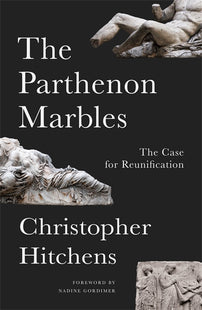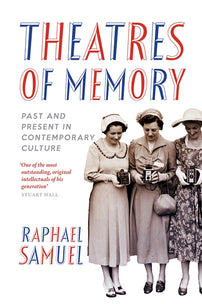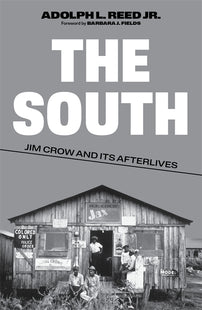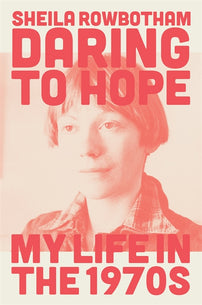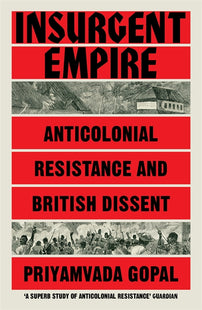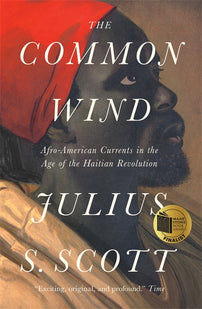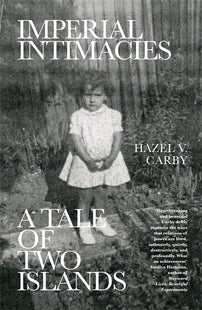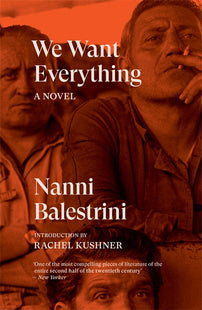History from below: A Verso Reading List
Rebels, pirates, and fearless revolutionaries!

The works of Marcus Rediker highlight the lesser known and most radical figures in history. From the African rebels who risked death for freedom on La Amistad, to the pirates that built dissident communities at sea, to the Quaker dwarf who created a revolutionary way of life! Rediker focuses on history from below, the reclamation of rebellion for its instigators, and always, always, solidarity!
[book-strip index="1" style="buy"]
A history from below, or a people’s history, eschews the standard narrative of ‘Great Men’, of dates and kings, instead highlighting how ordinary people were at the core of creating and changing society. It becomes apparent that throughout history we have been fighting for a better world!
[book-strip index="2" style="buy"]
How do we interact with the past in our daily lives? From monuments and museums to period dramas and reenactment societies, history is a living practice, something constantly being reassessed in the world around us.
[book-strip index="3" style="buy"]
From the Jim Crow South to Italy’s ‘Hot Autumn’ to anti-colonial campaigners, these books highlight collective struggle across all areas of life!
[book-strip index="4" style="buy"]

